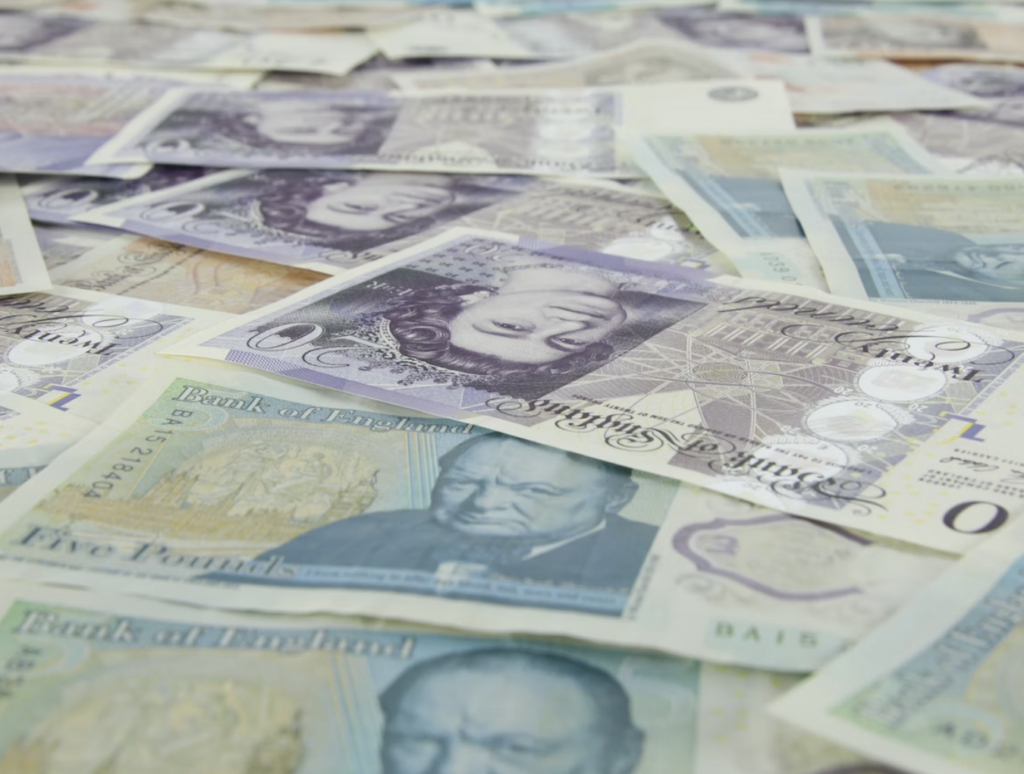Why Now Might Be The Best Time To Take A Trip To The United Kingdom
Following sweeping tax cuts that took place in the United Kingdom, the US dollar is now stronger than the British pound, making for a favorable exchange rate for US travelers.
This article is more than 2 years old
For the past decade and a half, the US dollar has been inferior in value to global currencies in the west. Many Americans experienced this abysmal conversion rate by visiting Europe, having to pay more due to the euro’s unparalleled strength. Today, the US dollar has surprisingly beaten out its competitors and is now worth more than the euro, the Swiss franc, and the British pound.
Though the US currency is receiving a needed resurgence, other countries are experiencing devastating monetary pitfalls. The British pound dropped to an all-time low this week, mainly due to the news of the country’s humungous tax cuts. The pound decreased by nearly 5% early Monday morning, dipping to $1.03 but settling at $1.07.
This sharp decline in European money is unsettling to many nations, especially since crucial imports and exports are valued in US dollars. Oil barrels are priced in dollars, which is unfortunate for countries with a devaluing currency. Though Europeans visiting the United States might have a more challenging time with the new exchange rate, US citizens, for the first time in decades, will be able to travel across seas and receive a better conversion rate.
Since the US dollar regained its value, some nations are making plans to reinvigorate their currency. For the British pound, many expect that the UK government and the Bank of England will impose interest rate hikes to restore the currency’s worth. Nothing is set in stone yet, but since Great Britain imports certain products valued in US dollars, it could be economically crucial for the government to mitigate the pound’s devaluation.

British Chancellor Kwasi Kwarteng’s recent tax cut announcement is one of the main reasons for the British pound’s descent. The proposed tax cuts would be the largest in 50 years for the European nation and can only occur by borrowing extensive amounts from the bank. High corporation taxes, stamp duties, and income taxes for families making 150,000 pounds or more are being discarded for Kwarteng’s “new era” for the British economy.
Citizens in the UK are concerned about the tax cuts, especially since they protect wealthier individuals and large corporations. Labour shadow chancellor Rachel Reeve stated their disappointment with the proposal and expressed their nervousness about the government borrowing more money to impose these tax breaks. Though tax cuts could be helpful for average families, most of these reductions will be given to corporate establishments instead of financially crunched locals.
Analysts are increasingly wary of the stability of the UK’s newest leadership. After Boris Johnson stepped down, Liz Truss and other politicians could gain exalted positions in the British parliament. Craig Erlam, the senior market analyst at Oanda, is apprehensive about the leadership’s economic competency, stating that the market is already factoring in a plausible “emergency rate hike” from England.
Though analysts, politicians, and UK residents condemned the tax plan and how it affected the British pound, Kwarteng doubled down on the country’s tax-cut decision. According to Kwarteng, the proposed tax breaks are just the beginning of the government’s pursuit of international monetary growth.





